Sarah Schrader Named U.S. Presidential Scholar; Will Continue Her Research and Studies at WKU
May 10, 2011 | Academics, News, People, Student Success, Students, WKU | No Comments
For Sarah Schrader, a student at WKU’s Carol Martin Gatton Academy of Mathematics and Science in Kentucky, her senior year of high school has been marked by significant accomplishments. Along with graduation invitations, college decisions and prom, Schrader has been continuing research, studying abroad and mastering a second language. When Schrader receives her diploma from the Gatton Academy on Saturday, she will do so with an added achievement to celebrate.
The Bowling Green student is among 141 outstanding high school seniors recently named 2011 U.S. Presidential Scholars. Students selected for the honor have demonstrated outstanding academic achievement, artistic excellence, leadership, citizenship, service and contribution to school and community. U.S. Presidential Scholars will be honored for their accomplishments in Washington, D.C., from June 18-21.
“Receiving this honor means that something more is expected of me from this point on,” Schrader said. “It means that I must continue to strive for excellence, work toward achieving my dreams and, most importantly, use my successes to contribute something significant to the world. This journey is not one to be traveled alone.”
Schrader is in good company in the honor. The 141 U.S. Presidential Scholars include one young man and one young woman from each state, the District of Columbia and Puerto Rico, and from U.S. families living abroad, as well as 15 chosen at-large and 20 Presidential Scholars in the Arts. The White House Commission on Presidential Scholars, appointed by the president, makes the selections.
Schrader becomes the first Gatton Academy student to be named a U.S. Presidential Scholar. She believes the traits needed to become a scholar were cultivated not only by her experience at the Gatton Academy, but also the people who have surrounded her during her high school experience.
“The support from staff and peers that I received at the Academy has allowed me to develop more confidence, and experiencing living away from home has molded me into a more independent person,” Schrader added. “Most importantly, the courses I have taken and people I have met during my time at the Academy have given me the chance to discover and begin to explore my interests and passions, from Chinese to chemistry to biological research; having a good idea of what I am passionate about will allow me to select the path that best suits my interests and steer myself towards a successful future.”
For the past 47 years, this prestigious program has honored more than 6,000 of the nation’s top-performing students. Of the three million students expected to graduate from high school this year, more than 3,000 candidates qualified on the basis of outstanding performance on the College Board SAT and ACT exams.
Each Presidential Scholar has invited his or her most inspiring and challenging teacher to travel to Washington, D.C., to receive a Teacher Recognition Award from the U.S. Department of Education and to participate in the recognition events. Schrader selected Dr. Liping Chen, an assistant professor of Chinese language and linguistics at WKU. Even as an experienced educator, Dr. Chen believes Schrader stands out among the many students with whom she has worked.
“Chinese, a difficult language for the thousands of American students I have taught over the years, seems so easy for her,” Dr. Chen said. “She has completely changed my view of language teaching and learning and forced me to rethink and reevaluate what I believe students can achieve with the language after one or two years.”
Dr. Chen isn’t the only person kept on their toes by Schrader’s talents. Tim Gott, director of the Gatton Academy, noted that even though he has grown accustomed to working with some of the nation’s best and brightest minds, Schrader is a rarity because of her strengths beyond the classroom.
“In 26 years of working with high school students, Sarah ranks as the strongest student I have ever encountered,” Gott said. “Her academic prowess, her work ethic, her passion for learning, her diverse interests, and her genuine humility mark her as a true role model of excellence.”
Schrader will continue her studies at WKU this fall, the first U.S. Presidential Scholar to do so. One of the main factors in her decision to continue at WKU was the Chinese Flagship Program, in which she will work toward superior-level proficiency over the next two years. Next spring, she will travel to Nanjing University for a semester abroad followed by a research internship at a Chinese university or company over the summer.
“These unique opportunities will allow me to continue to develop linguistic and cultural competence as well as gain experience working in a vastly different research environment, providing me with knowledge and skills that will prepare me for my future career,” Schrader said.
While her immediate future path is set, Schrader took time to reflect on the combined efforts of the Gatton Academy and WKU to help chart that course.
“I have been fortunate to have the continuous support and encouragement of outstanding faculty and amazingly talented peers,” she said. “Without these things, I would not have been able to achieve this recognition. So, I will continue on my journey with a thankful heart, always keeping in mind the tremendous efforts of those who work selflessly to help shape my future, while striving to live up to the high expectations that come with being recognized as a Presidential Scholar.”
Contact: Corey Alderdice, 270-745-6565 begin_of_the_skype_highlighting 270-745-6565 end_of_the_skype_highlighting.
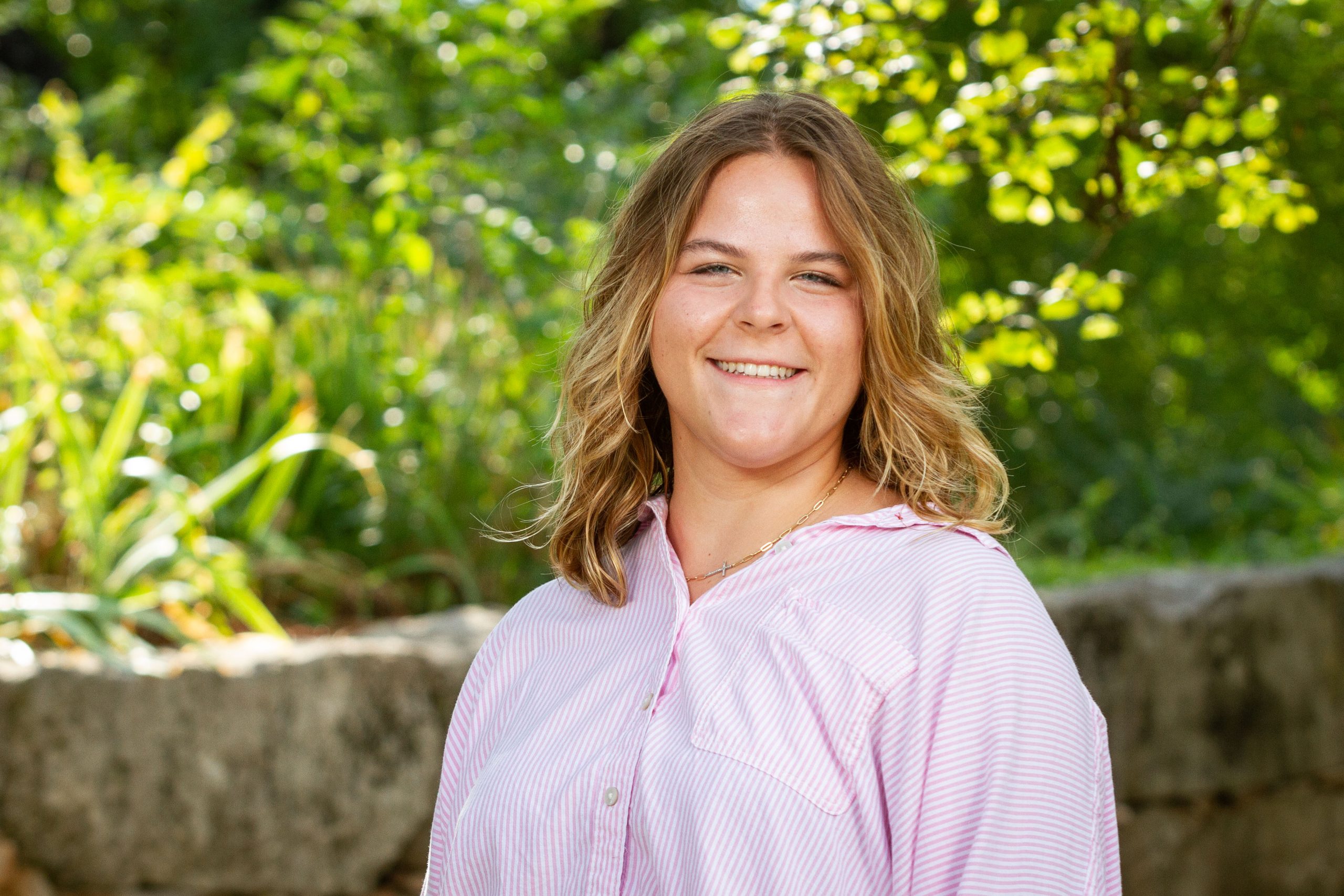

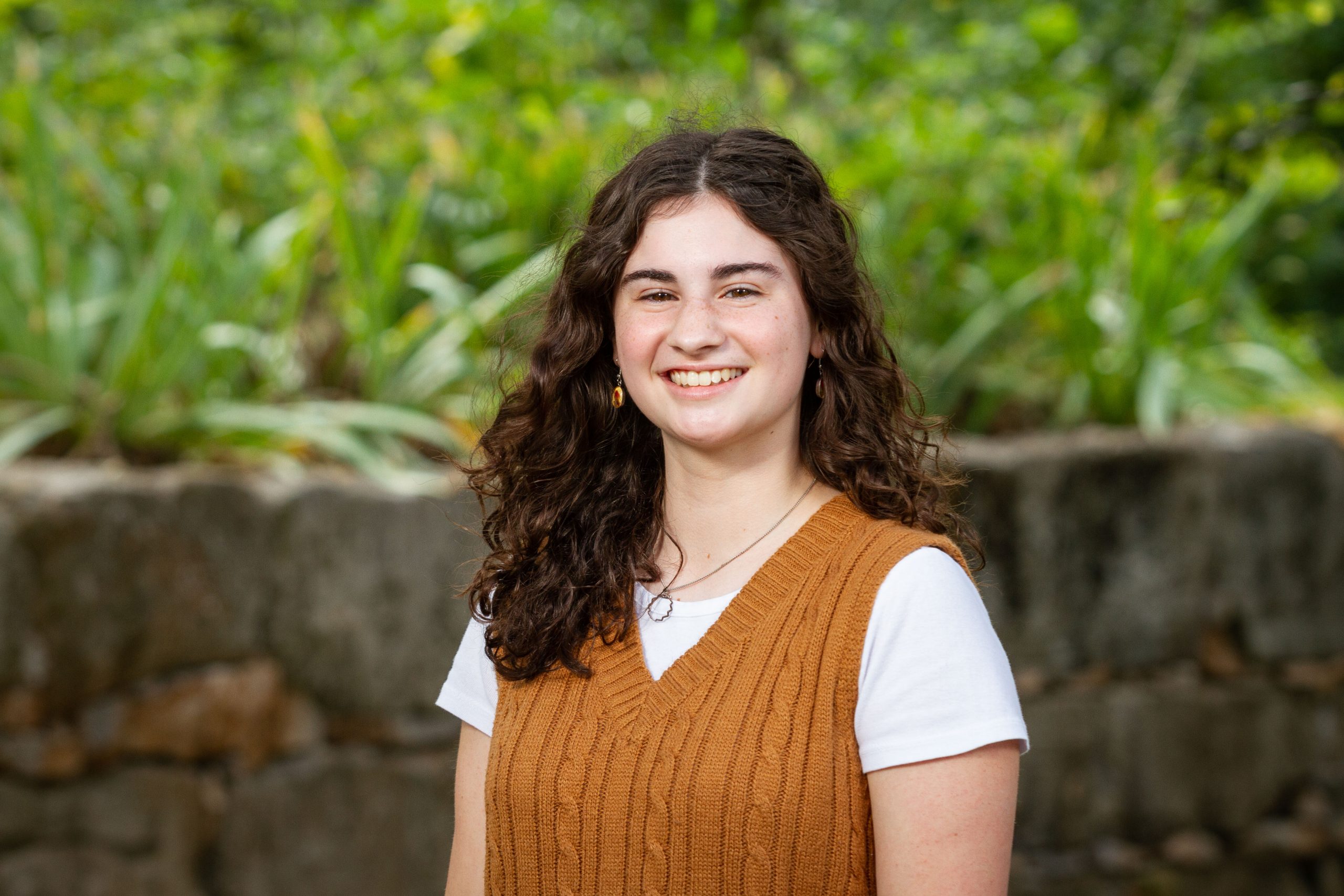
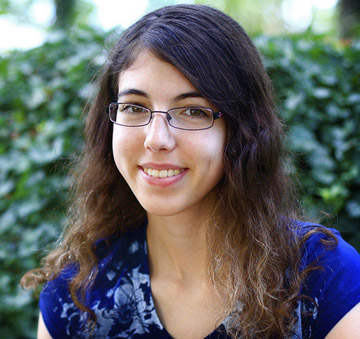
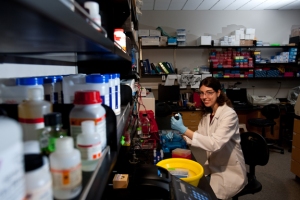
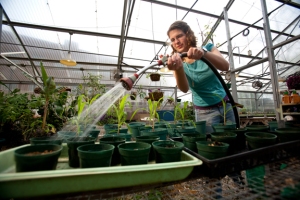
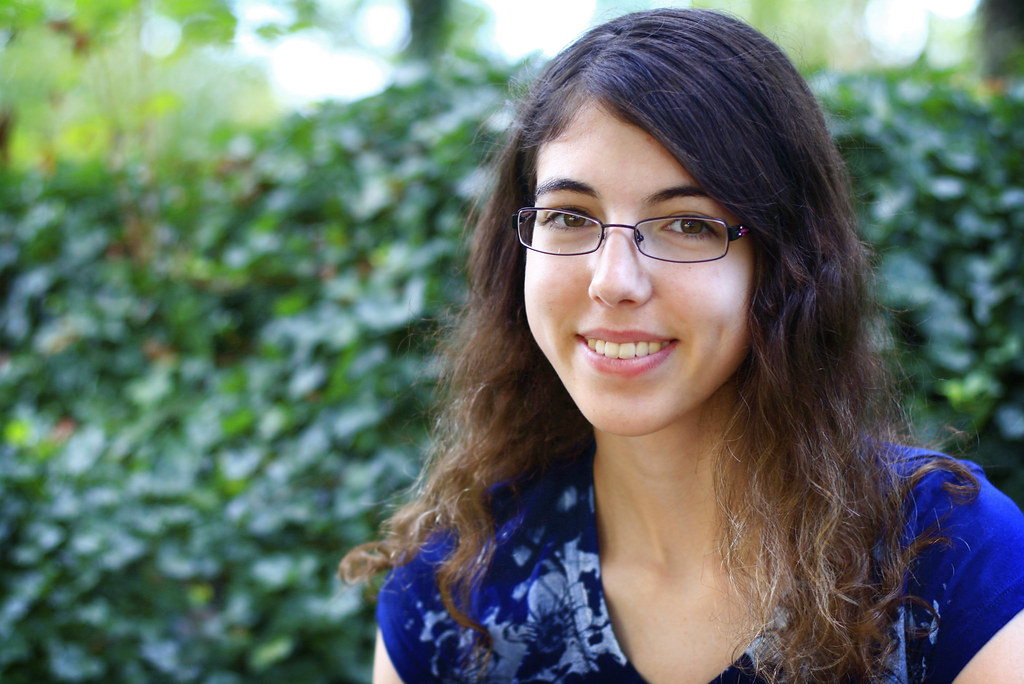



 In today’s competitive global economy, U.S. undergraduate and graduate students are under increasing pressure to gain skills that set them apart from the rest of the pack upon graduation.
In today’s competitive global economy, U.S. undergraduate and graduate students are under increasing pressure to gain skills that set them apart from the rest of the pack upon graduation.